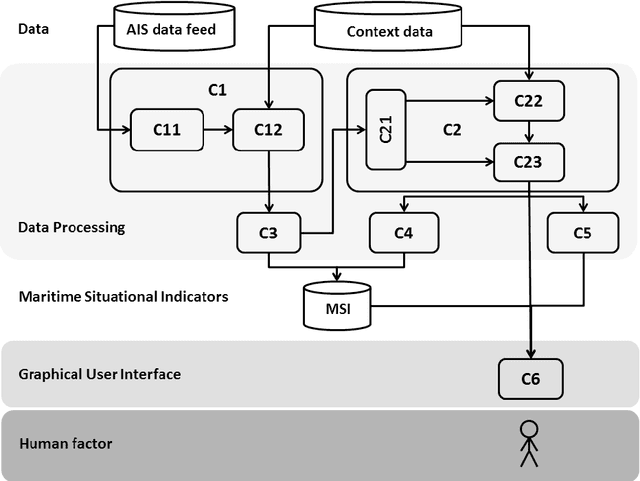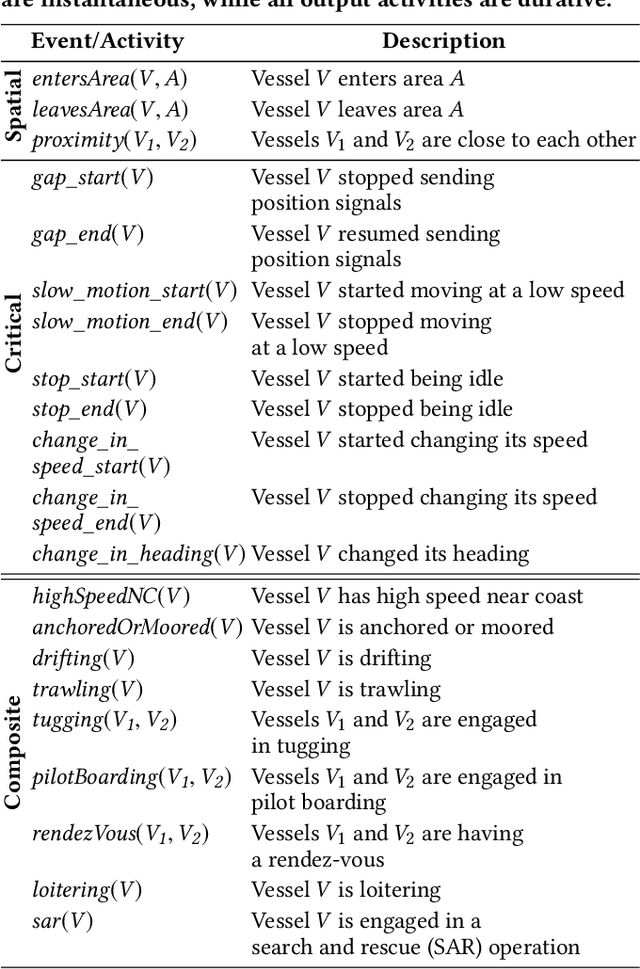Cyril Ray
Ontology-based Design of Experiments on Big Data Solutions
Apr 18, 2019

Abstract:Big data solutions are designed to cope with data of huge Volume and wide Variety, that need to be ingested at high Velocity and have potential Veracity issues, challenging characteristics that are usually referred to as the "4Vs of Big Data". In order to evaluate possibly complex big data solutions, stress tests require to assess a large number of combinations of sub-components jointly with the possible big data variations. A formalization of the Design of Experiments (DoE) on big data solutions is aimed at ensuring the reproducibility of the experiments, facilitating their partitioning in sub-experiments and guaranteeing the consistency of their outcomes in a global assessment. In this paper, an ontology-based approach is proposed to support the evaluation of a big data system in two ways. Firstly, the approach formalizes a decomposition and recombination of the big data solution, allowing for the aggregation of component evaluation results at inter-component level. Secondly, existing work on DoE is translated into an ontology for supporting the selection of experiments. The proposed ontology-based approach offers the possibility to combine knowledge from the evaluation domain and the application domain. It exploits domain and inter-domain specific restrictions on the factor combinations in order to reduce the number of experiments. Contrary to existing approaches, the proposed use of ontologies is not limited to the assertional description and exploitation of past experiments but offers richer terminological descriptions for the development of a DoE from scratch. As an application example, a maritime big data solution to the problem of detecting and predicting vessel suspicious behaviour through mobility analysis is selected. The article is concluded with a sketch of future works.
Composite Event Recognition for Maritime Monitoring
Mar 08, 2019



Abstract:Maritime monitoring systems support safe shipping as they allow for the real-time detection of dangerous, suspicious and illegal vessel activities. We present such a system using the Run-Time Event Calculus, a composite event recognition system with formal, declarative semantics. For effective recognition, we developed a library of maritime patterns in close collaboration with domain experts. We present a thorough evaluation of the system and the patterns both in terms of predictive accuracy and computational efficiency, using real-world datasets of vessel position streams and contextual geographical information.
 Add to Chrome
Add to Chrome Add to Firefox
Add to Firefox Add to Edge
Add to Edge